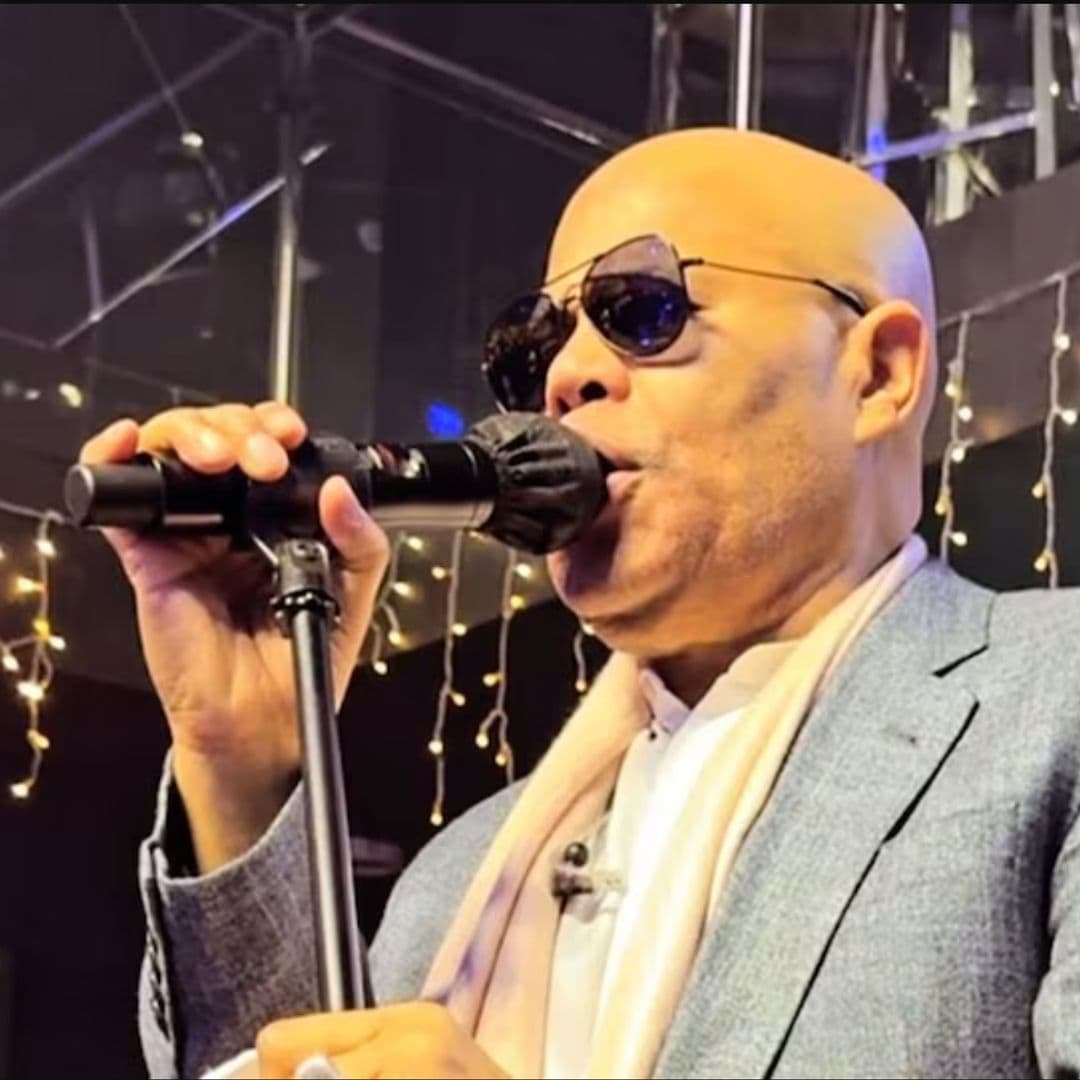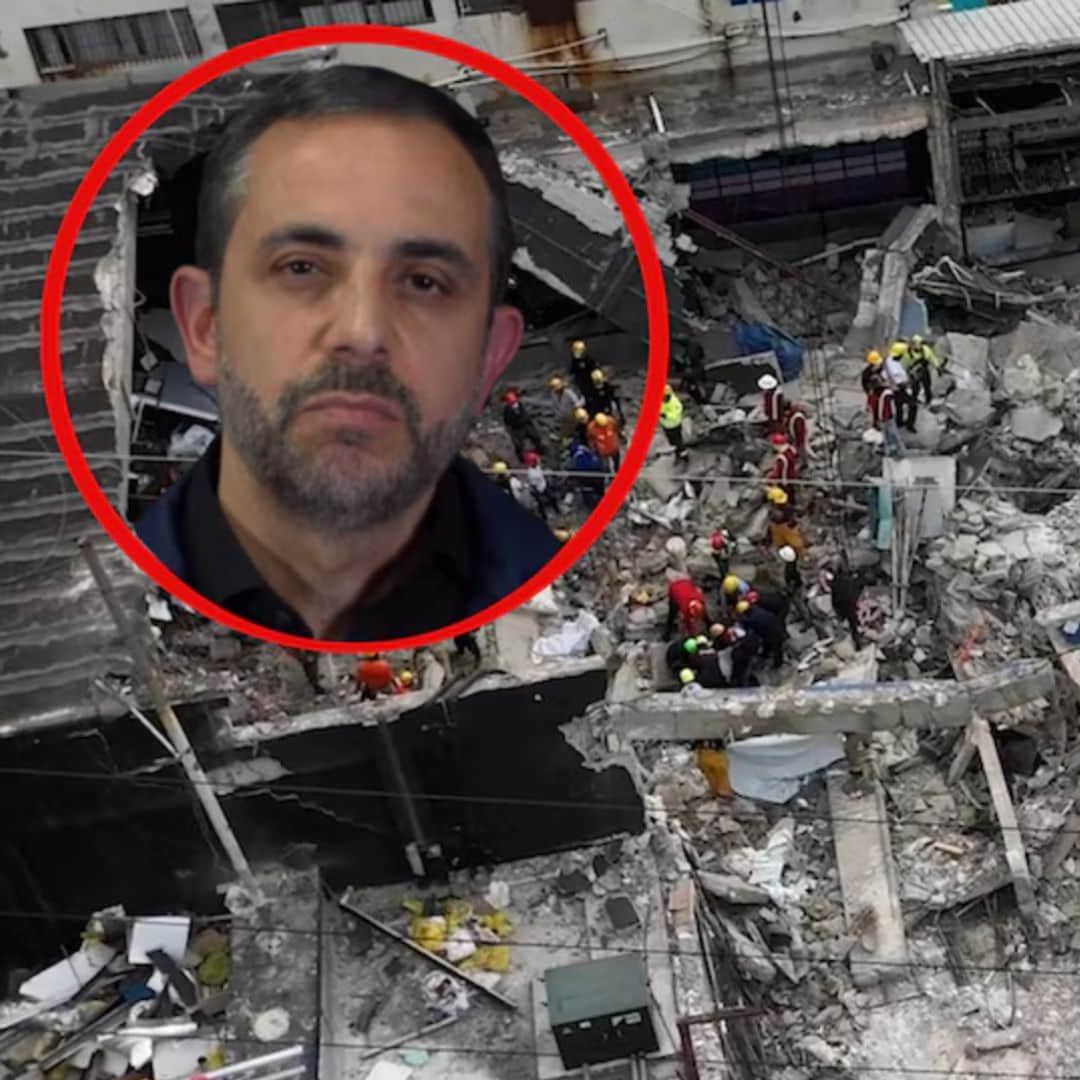Tragic news broke Tuesday that Rubby Pérez, a powerful voice in merengue, died while performing at the age of 68 following a roof collapse at Jet Set nightclub in Santo Domingo. The accident, which occurred during his live performance on April 8, left at least 66 people dead and more than 150 people injured, sending shockwaves through the Dominican Republic and the broader Latin music community.
Following his passing, Zoe Saldaña, who became the first American of Dominican descent to win an Oscar, and her sisters, Cisely Saldaña and Mariel Saldaña, shared a collaborative post on Instagram with their film production company, Cinestar.
"Today, our hearts break over the tragic roof collapse at Jetset nightclub in the Dominican Republic," it began. "Sending love and strength to the victims, their families, and all those affected. In times of loss, may we come together in solidarity and compassion," they added. "To our beloved Dominican Republic [Dominican flag emoji] Our hearts are broken," the caption read.
Who was Rubby Perez?
Born Roberto Antonio Pérez Herrera on March 8, 1956, in Bajos de Haina, Dominican Republic, Rubby’s life was defined by perseverance. He originally dreamed of becoming a professional baseball player, and his future in the sport looked promising—until a devastating car accident left him with permanent damage to his left leg.
Rather than give up, Rubby turned to music. A devoted vinyl lover, he trained at the Conservatory of Music of Santo Domingo and launched a career that would span more than four decades. He was heavily influenced by legends like Juan Luis Guerra and Celia Cruz.
From choir boy to merengue megastar
Rubby’s journey began in local choirs and orchestras. From 1982 to 1986, he gained international attention as a member of Wilfrido Vargas’s orchestra, helping turn hits like “El Africano” and “Volveré” into Latin American anthems.
In 1987, he launched his solo career—and it was an instant success. His debut solo album, Buscando Tus Besos, went gold and platinum in Venezuela in 1988, powered by tracks like the title song and “Dame Veneno.” He became known for his powerhouse vocals and commanding stage presence and was a staple on Caribbean airwaves and dance floors.
Rubby won prestigious awards like the Casandra, performed at major festivals, toured internationally, and released vinyl records that became staples in Latin music collections.
More than music: a platform for good
Beyond the hits, Rubby used his platform to uplift others. He was recognized in 2010 for helping raise funds for victims of the devastating earthquake in Haiti. Fans admired him not just for his talent but also for his generosity, humility, and the grace he carried throughout his life.
What happened in the Dominican Republic?
Rubby tragically died doing what he loved—performing live. Videos shared online show concertgoers dancing and cheering moments before the roof gave way. Witnesses described chaos, confusion, and the overwhelming sound of metal collapsing. Rubby was pronounced dead at the scene, with confirmation coming just after 5 p.m.
As Billboard reported, there were initially conflicting updates. His daughter, Zulinka Pérez, told local outlets that he had been found alive in the rubble. “He’s injured, but he’s inside; they found him singing. He started singing so they could hear him. He’s always told me: ‘If something ever happens to me, cover me so no one takes pictures.’”
Zulinka, who was performing as a backup singer alongside her husband, added: “My husband covered me, threw himself on top of me, and he got trapped. He told me, ‘Get out quickly.’ The musicians were able to get out; the bass player is in critical condition—I think he had surgery in the hospital. And one of the saxophone players is dead.”
Meanwhile, Rubby’s brother denied reports that he had been hospitalized. “He hasn’t been sent to any hospital. Given the time the event occurred—over 14 hours ago—only God’s grace can truly perform a miracle. Rubby is still in the rubble; we haven’t been able to rescue him. We hope he’s alive. We’re sharing this news as a family, and I want it to be the right one.”
Despite the conflicting reports, Rubby's passing has now been confirmed. His legacy as a merengue icon, humanitarian, and symbol of resilience lives on.
Rest in peace.
,type=downsize)

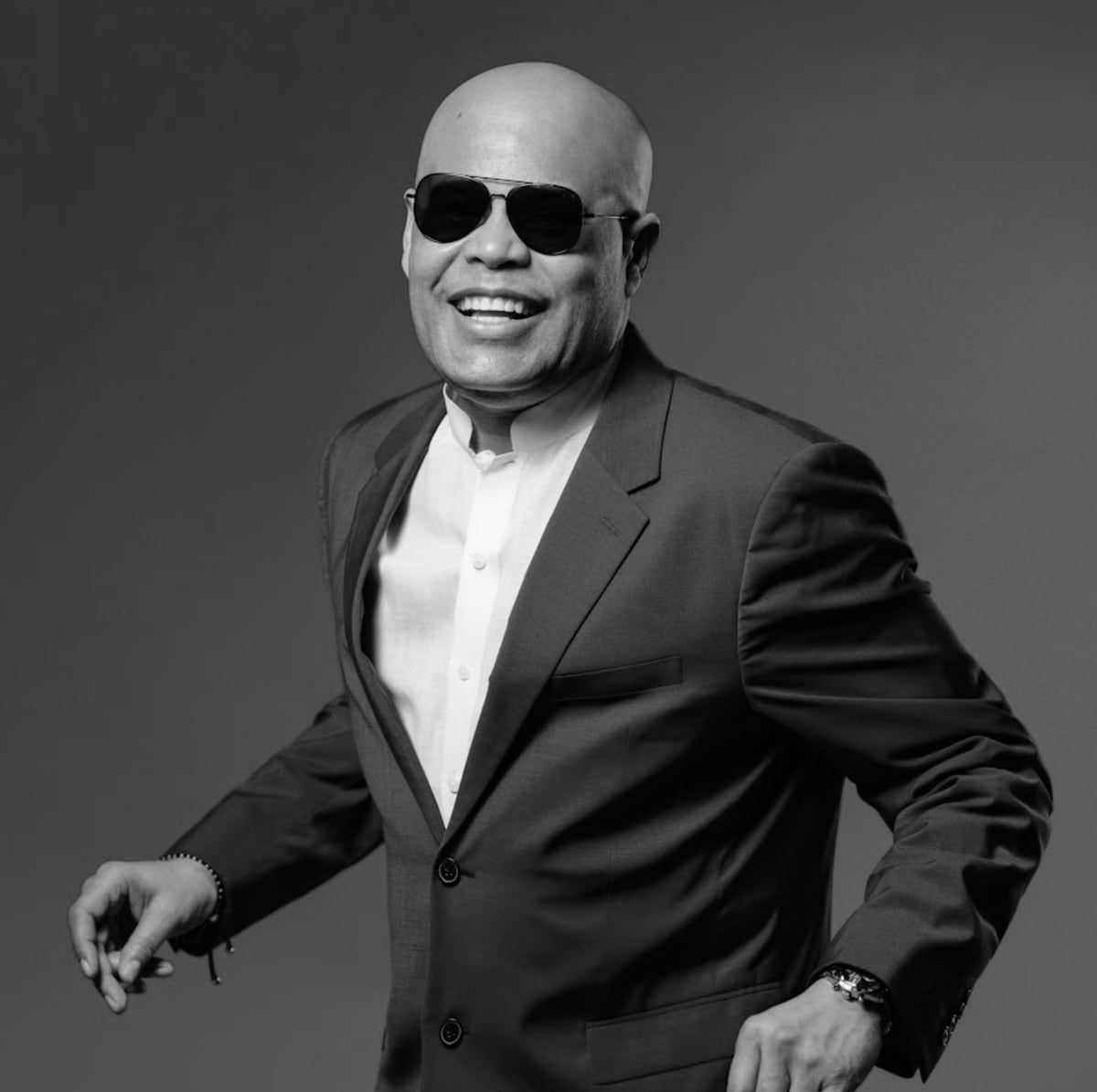
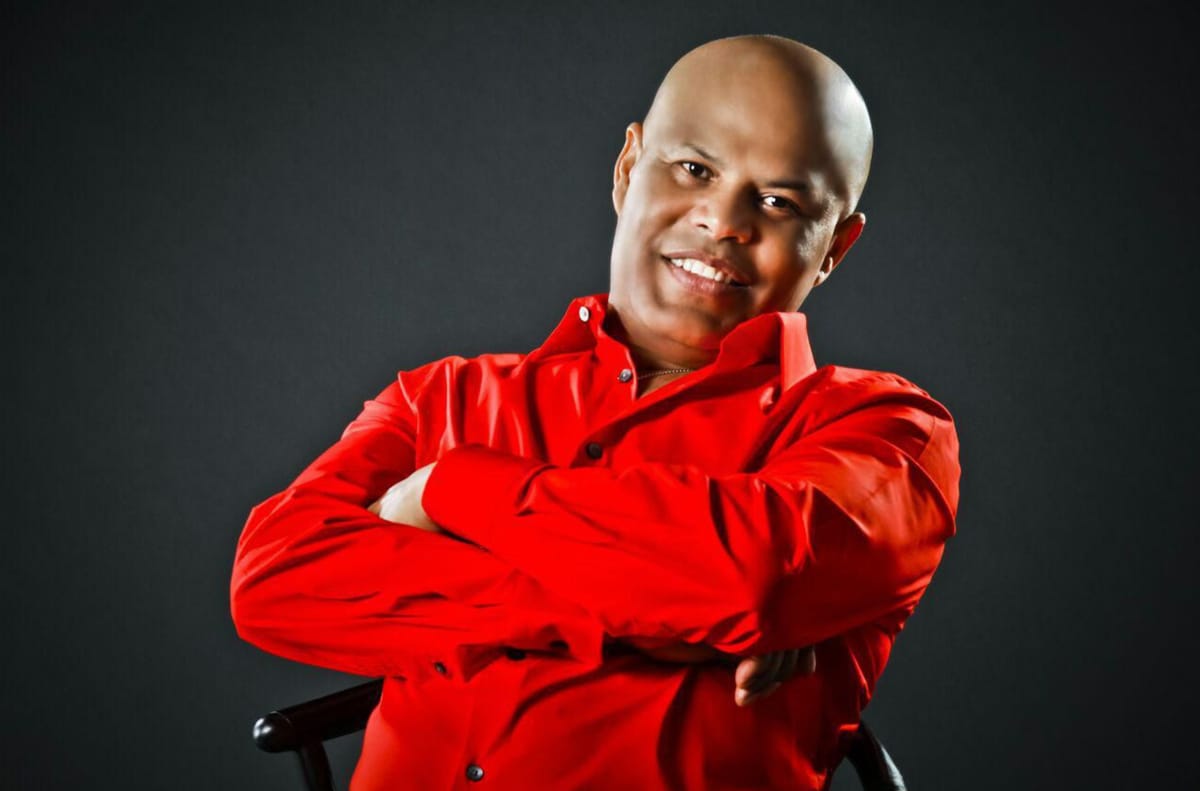
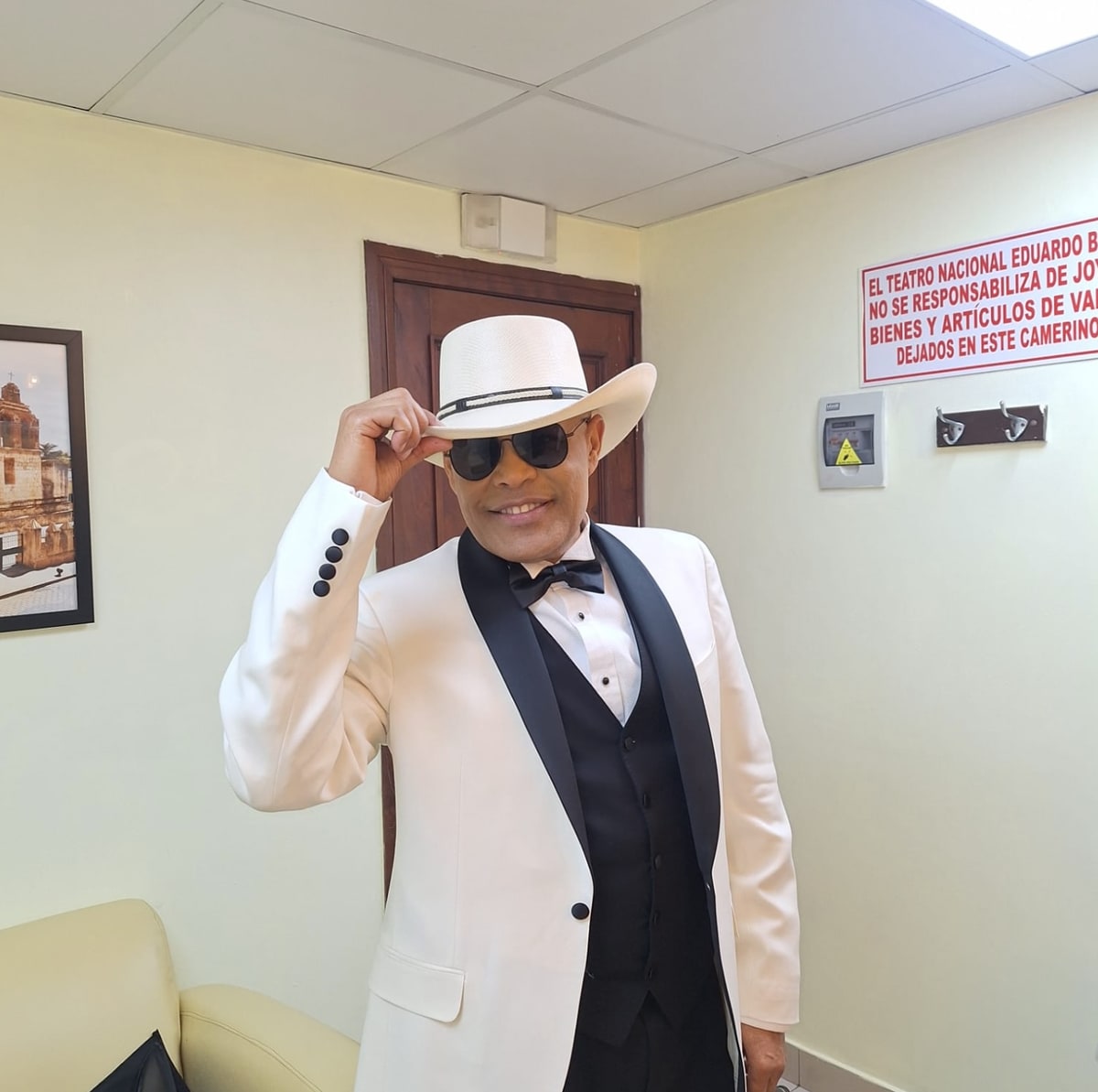
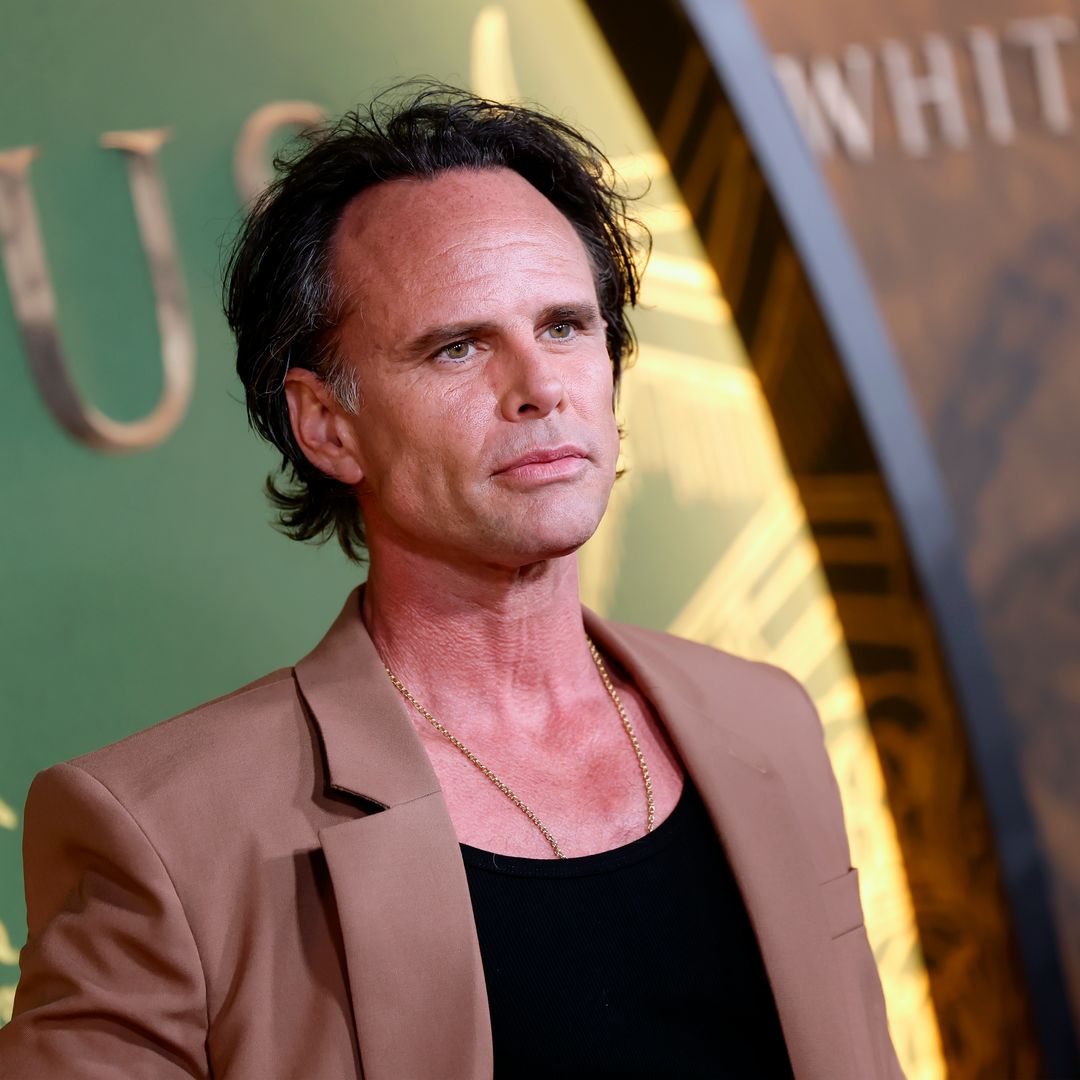
![Rubby Pérez Funeral: A Merengue icon's farewell [VIDEO]](https://www.hola.com/us/horizon/square/eb4041148fb6-screenshot-2025-04-08-at-52811pm.jpg)
